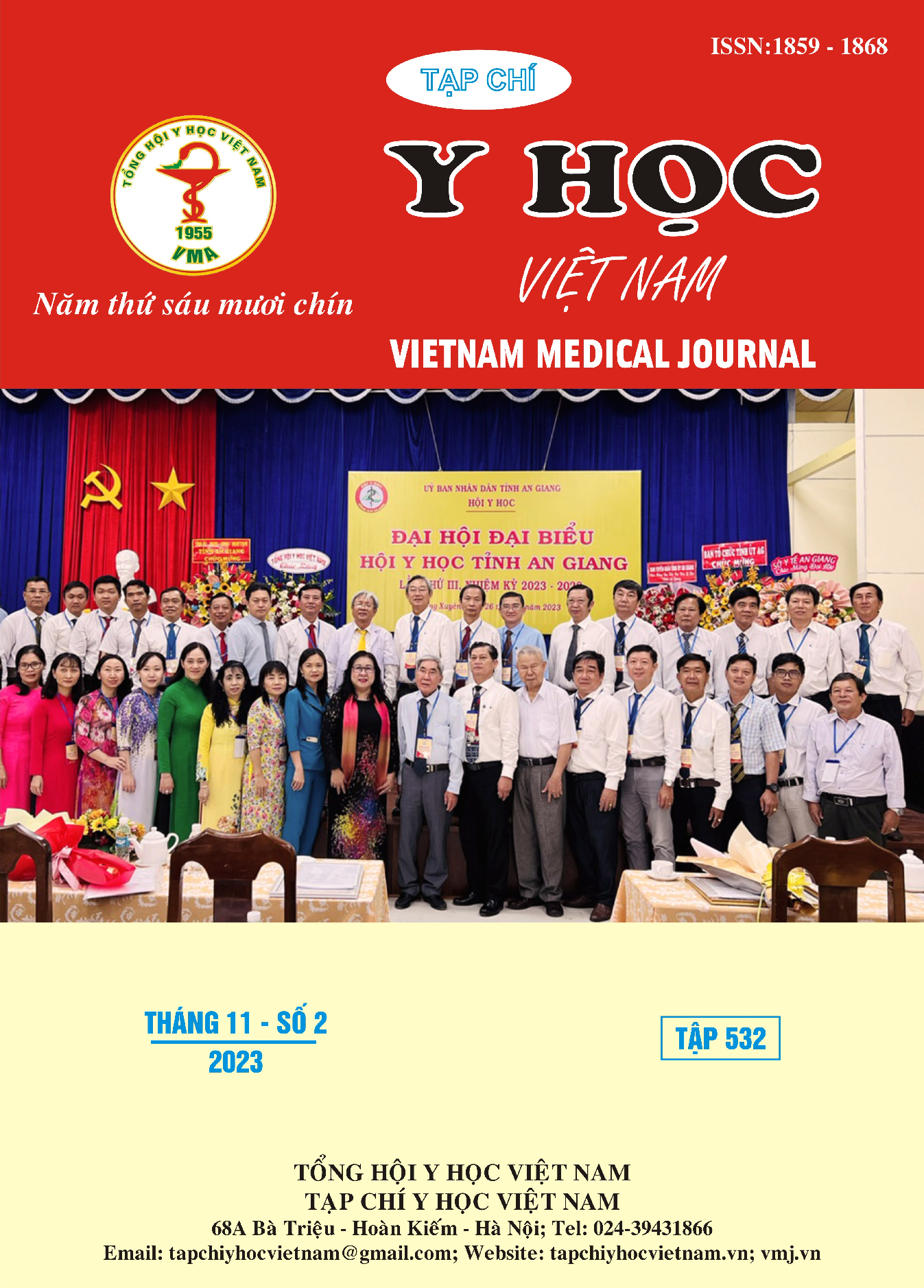ANALYTICAL VALIDATION OF K-4CARE: A COMPREHENSIVE GENOMIC PROFILING ASSAY
Main Article Content
Abstract
Background: Comprehensive genomic profiling (CGP) has gradually gained acceptance in clinical pratice to empower precision oncology in recent years. A single assay could provide a broad picture of genetic and genomic alterations in the tumor, which then aids physicians in disease diagnosis, prognosis and treatment selection. This study demonstrated in-depth analytical validation of K-4CARE, a tumor CGP assay. Methods: The assay utilized a panel of 473 cancer- relevant genes with a total length of 1.7 Mb. We first used commercial reference materials to evaluate performance criteria including limit of detection (LOD), concordance, sensitivity, specificity and precision, to detect single nucleotide variants (SNVs), small insertion/deletions (Indels), copy number alterations (CNAs), genomic rearrangement or fusion. Microsatellite instability (MSI) and tumor mutational burden (TMB) were assessed using both reference materials and 83 clinical tumor samples from 10 cancer types. Results: At LOD of 5% for SNVs and Indels, the assay had sensitivity and specificity of 99.96% and 100%, respectively. Genomic fusions and amplifications were detected with specificity of 100%; sensitivity of 94% and 100% respectively. Detection of germline variants, including both SNVs and Indels, also achieved sensitivity and specificity of 100%. TMB measurement showed 100% concordance with reference materials; and in clinical samples, the correlation coefficient between whole-exome sequencing and targeted panel sequencing was 97%. MSI analysis benchmarked against polymerase-chain reaction showed high accuracy with sensitivity of 94%
and specificity of 100%. Conclusions: K-4CARE assay provides comprehensive and reliable genomic information that fulfills all guideline-based biomarker testing for both targeted therapies and immunotherapies.
Article Details
Keywords
comprehensive genomic profiling, tumor mutational burden, microsatellite instability
References
2. Zhong, L., et al., Small molecules in targeted cancer therapy: advances, challenges, and future perspectives. Signal Transduction and Targeted Therapy, 2021. 6(1): p. 201.
3. Yi, H., et al., Immune Checkpoint Inhibition for Triple-Negative Breast Cancer: Current Landscape and Future Perspectives. Frontiers in Oncology, 2021. 11.
4. Braun, D.A., K.P. Burke, and E.M. Van Allen, Genomic Approaches to Understanding Response and Resistance to Immunotherapy. Clin Cancer Res, 2016. 22(23): p. 5642-5650.
5. Jardim, D.L., et al., The Challenges of Tumor Mutational Burden as an Immunotherapy Biomarker. Cancer Cell, 2021. 39(2): p. 154-173.
6. Iwai, Y., et al., Cancer immunotherapies targeting the PD-1 signaling pathway. Journal of Biomedical Science, 2017. 24(1): p. 26.
7. Garon, E.B., et al., Pembrolizumab for the Treatment of Non–Small-Cell Lung Cancer. New England Journal of Medicine, 2015. 372(21): p. 2018-2028.
8. Bevins N, et al. Comparison of commonly used solid tumor targeted gene sequencing panels for estimating tumor mutation burden shows analytical and prognostic concordance within the cancer genome atlas cohort. J Immunother Cancer, 2020. 8(1): e000613.
9. Ng CC., et al., A comprehensive next generation sequencing tissue assay for Asian-prevalent cancers-Analytical validation and performance evaluation with clinical samples. Front Mol Biosci, 2022. 9: p. 963243.


